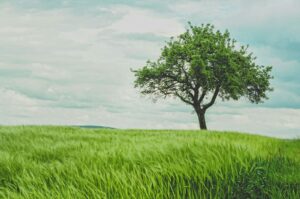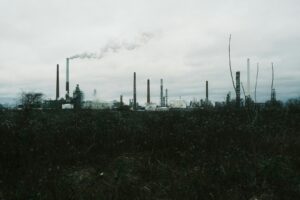A globalised economy is making water, energy and land insecurity worse, according to a new study published by researchers at the University of Cambridge.
Over the past several decades, the global economy has become highly interconnected through globalisation.
Countries meet their needs for goods and services through domestic production and international trade and as a result, countries place pressures on the natural resources both within and beyond their borders.
The group of researchers quantified the global water, land and energy use of 189 countries and have shown that countries which are highly dependent on trade are potentially more at risk from resource insecurity.
For example, the UK imports 50% of its food, drought or any severe weather event in another country puts these food imports ar risk, and this risk will continue to accelerate as climate change continues and severe weather events become more common.
Using macroeconomic data to quantify the pressures, the researchers found that the vast majority of countries and industrial sectors are exposed to over-exploited and insecure water, energy and land resources.
They found that countries with large economies, such as the US, China and Japan, are highly exposed to water shortages outside their borders due to their volume of international trade. Whereas, many countries in sub-Saharan Africa, such as Kenya, actually face far less risk as they are not as heavily networked in the global economy and are relatively self-sufficient in food production.
Therefore, the researchers are calling for an urgent enquiry into the scale and source of consumed goods and services, both in individual countries and globally.
Dr Oliver Taherzadeh from Cambridge’s Department of Geography said: ‘There has been plenty of research comparing countries in terms of their water, energy and land footprints, but what hasn’t been studied is the scale and source of their risks.
‘We found that the role of trade has been massively underplayed as a source of resource insecurity – it’s actually a bigger source of risk than domestic production.
‘Covid-19 has shown just how poorly-prepared governments and businesses are for a global crisis.
‘But however bad the direct and indirect consequences of Covid-19 have been, climate breakdown, biodiversity collapse and resource insecurity are far less predictable problems to manage – and the potential consequences are far more severe. If the ‘green economic recovery’ is to respond to these challenges, we need radically rethink the scale and source of consumption.’
Photo Credit – Pixabay
















